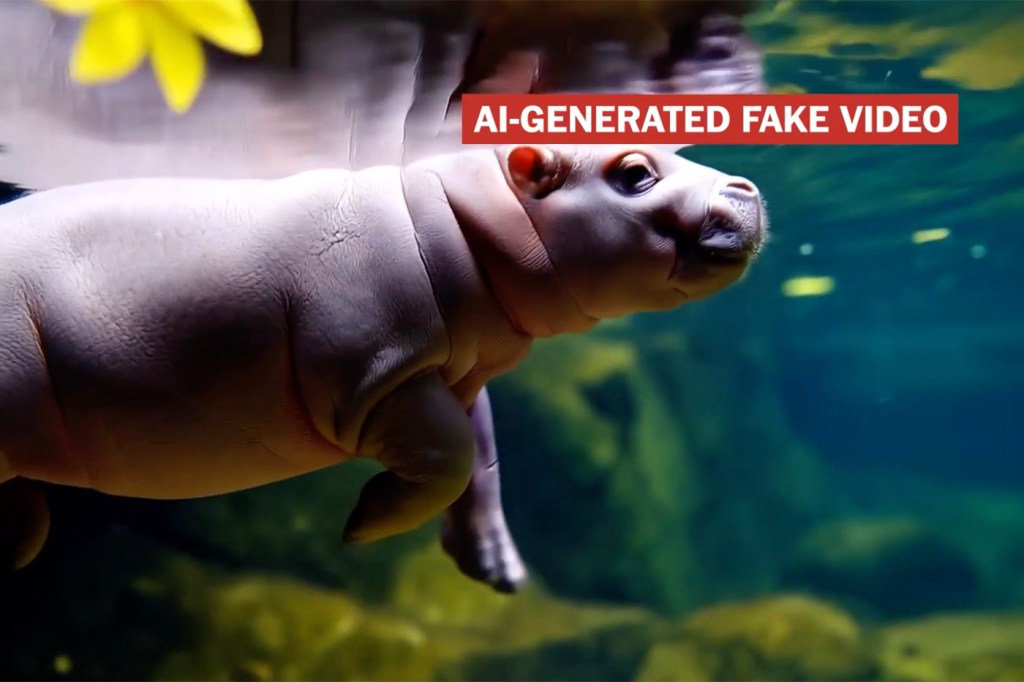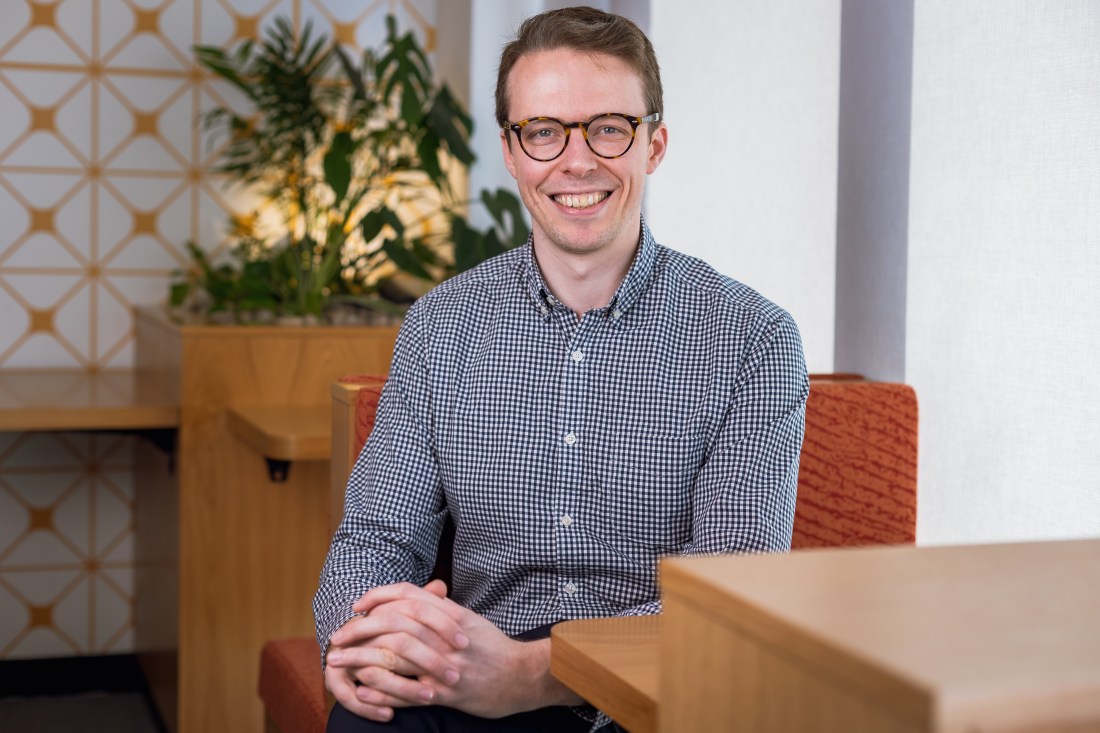Is AI going to destroy movies or is the panic overblown? A film historian says these fears are not new
Fears around technology have been around since the dawn of Hollywood, Tomas Elliott says. AI presents new concerns for creatives, but film history indicates “there will always be that place for the human artist.”

Artificial intelligence is making its way into your favorite movies and TV shows, bringing with it plenty of fear and anxiety from those who work in and around the entertainment industry.
California has already passed legislation to protect creatives who fear the technology will be used to replace, or replicate, them. At the same time, companies like Meta and Adobe are starting to roll out AI video models that let people make high-fidelity video clips by inputting text prompts.
These new tools have only strengthened fears around how AI will impact film and TV production, workers and the very definition of creativity.
But does AI really spell the end for human creativity in Hollywood?
The fears are warranted, says Tomas Elliott, an assistant professor of English at Northeastern University in London who specializes in film history. AI will likely be “hugely transformational” for Hollywood, he says –– and not always in a good way, especially for young writers and creatives trying to get their foot in the door.
But looking at film history provides a different story, one that’s a little more hopeful for the future of the industry and medium.
“Cinema has navigated such huge transformations over its history, and in the long run these things tend to not have such widespread effects as the panic would suggest,” Elliott says. “But it doesn’t mean it’s not affecting individual people, such as writers who are struggling for jobs.”

Since the early days of “moving pictures,” film as a medium has been dependent on technology and industrialization. The relationship between artistry and technology has always been codependent, Elliott says.
“The production and construction of film depended on new scientific advances in the 19th century, and that opened up new opportunities for creativity,” Elliott says.
At the same time, there has “always been anxiety about new technology,” Elliott adds. Something we take for granted in movies now –– sound –– caused panic across the still nascent film world.
When sound was first introduced, silent film stars like Charlie Chaplin decried the technology. Chaplin refused to make a “sound picture” for years until his 1940 political satire, “The Great Dictator.”
Featured Posts
“There was a fear that the introduction of sound would detract from the purely visual artistic expressionism of the medium, that it would detract from the uniqueness of cinema, which was to create a visual experience that was unparalleled in different arts,” Elliott says.
More similar to recent fears around AI was the introduction of computer-generated imagery and digital effects in the 1990s and 2000s. “Jurassic Park” was a watershed moment in CGI, Elliott says, but Hollywood craftspeople feared that it would replace the countless artists who worked in practical effects. Instead, Elliott notes, it heralded a whole new kind of digital artistry.
Is AI any different than these other technologies? In some ways, AI is a tool like any other, Elliott says. Its potential lies in the skilled or unskilled hands of humans.
“Technology is technology, and it depends on the way it’s used,” Elliott says. “There are many, many terrible films [made] using computer-generated effects. … However compelling CGI footage is, it depends on the narrative and the art of the filmmaker ultimately.”
Elliott notes the fears around AI are particularly fraught because it “seems to threaten the romantic idea of a creative individual and original author.” The very idea of creativity as we know it is called into question when someone can type a text prompt into an AI model and get an entire film script or high-fidelity clip in seconds.
But even new AI tools like Adobe’s Firefly Video Model, which launched this week, have very clear limits. They create material based on information, examples and data they have been trained on, which often comes with permissions issues. Humans also create based on their inspirations, but the publicly available AI tools have yet to make the very human leap of creating something entirely new.
Whether the technology ever gets to that point is unclear. Elliott acknowledges it is always changing and evolving, but he has “yet to see AI-produced work that holds a candle to anything that great writers and great directors can produce.”
“[AI-generated art] is likely to always trend toward a gray, conservative nothingness because it works on iteratively feeding on material that is given to it,” Elliott says. “You would think that there would remain the opportunity for that creative spark that provides something completely different. … That is where the human artist will remain so integral.”










